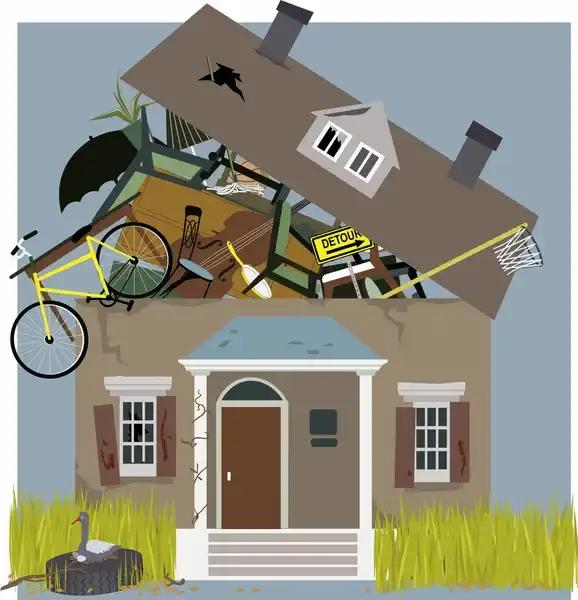Hoarding: A Short-Term Buzz
We like to accumulate stuff as we believe it makes us (or others) happier, though it is just a short-term feeling. Most of us do not realize the fickleness and subjectivity of the value of the hoarded object. The flipside to this is that hoarders collect a lot of ‘junk’ and live with a lot of stuff they don’t really need.
Real contentment and satisfaction don't come from collecting things, but from the time we spend with our loved ones, the great relationships we have, or even a new place that we visit.
104
495 reads
The idea is part of this collection:
Learn more about personaldevelopment with this collection
How to practice effectively
The importance of consistency
How to immerse yourself in the language
Related collections
Similar ideas to Hoarding: A Short-Term Buzz
Short-term thinking
Most of us imagine that we engage in some form of long-term thinking; after all, we have goals and plans. And basically we are in denial about this because it is hard to have perspective about our own decision-making process. The best way to overcome this is to recognize the clear signs of short ...
Short and Long Term Regrets Of Decisions
- In the short term, people experience more regret from ‘errors of commission’ (taking an action that leads to a disappointing outcome).
- In the long term it is actually ‘errors of omission’ that lead to more regret –...
Worrying Too Much About Other People
It’s easy to waste time worrying about other people, too. Your friends and loved ones mean a lot to you, and you want to spend time nurturing them.
But we also spend a lot of time fretting over problems that don’t matter in the long run. Those habits always lead to a dead end, because they...
Read & Learn
20x Faster
without
deepstash
with
deepstash
with
deepstash
Personalized microlearning
—
100+ Learning Journeys
—
Access to 200,000+ ideas
—
Access to the mobile app
—
Unlimited idea saving
—
—
Unlimited history
—
—
Unlimited listening to ideas
—
—
Downloading & offline access
—
—
Supercharge your mind with one idea per day
Enter your email and spend 1 minute every day to learn something new.
I agree to receive email updates


